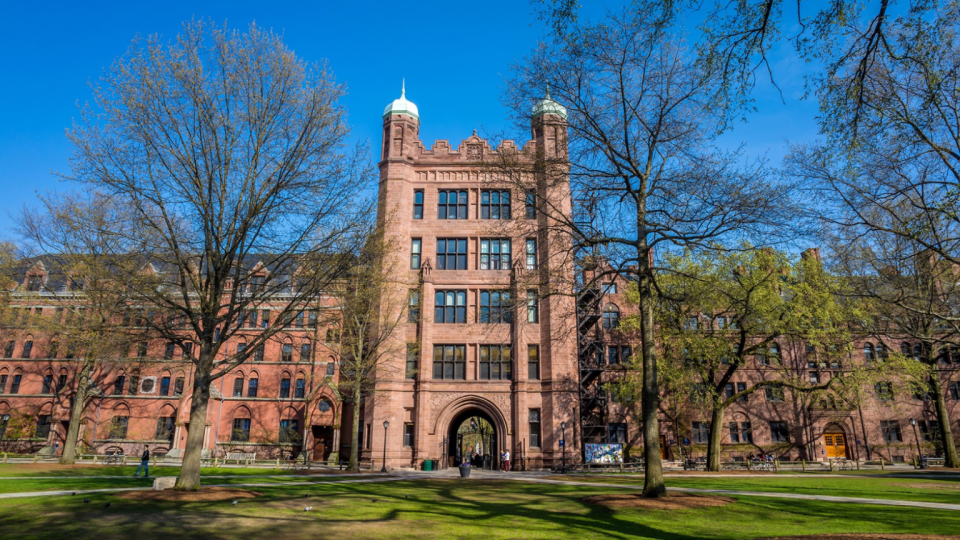October 3, 2024
NEW HAVEN – Yale University will be offering courses in Tagalog, the fourth most spoken language in the United States, beginning next fall.
Behind the university’s very first Tagalog course offering is Yale’s Filipinx club, Kasama, whose members have worked on expanding Filipino representation in the academic setting through its initiative, Tagalog @ Yale.
This initiative mirrors a similar effort by Harvard, which introduced Filipino language courses last fall.
Since last year, Tagalog @ Yale advocates have been communicating with Council on Southeast Asian Studies (CSEAS) faculty, the Center for Language Study and the Yale College Council to campaign for Tagalog course offerings.
Before this initiative, students could learn Tagalog through the Directed Independent Language Study (DILS) program – a system where students are paired with language partners without professor-led instruction and course credits.
However, many students find the program lacking structure and believe that a credit-bearing course would provide a more comprehensive learning experience.
Last week, CSEAS posted a job advertisement for a professor in Filipino (Tagalog). The successful candidate will begin teaching in fall 2025, covering six courses annually with a three-year commitment and potential renewal.
The Tagalog lector will also work with Indonesian and Vietnamese lectors to further boost Southeast Asian Studies programming at Yale and establish more avenues for students to explore the rich languages and cultures of Southeast Asia.
Kasama shared the good news on Instagram, “BIG NEWS for TAGALOG @ YALE!! An instructor ad has been posted…”
View this post on InstagramA post shared by Kasama (@yale.kasama)
Paving the way for Tagalog course offerings
According to Yale Daily News, this initiative came about after a survey showed strong interest in Tagalog course offerings.
An open letter was sent to University President Peter Salovey and other administrators, supported by the Yale College Council, which called for Yale to offer credit-bearing Tagalog courses and a Certificate in Advanced Language Study in Tagalog.
An excerpt from the letter reads: “As of Spring 2024, Yale has yet to offer any Filipino language course outside of the Directed Independent Language Studies (DILS) program. Students have expressed their dissatisfaction with the absence of a credit-based course, citing grievances with the current DILS program, an inability to maintain their native fluency and a disconnection from their culture on Yale’s campus.”
Kasama member and Tagalog @ Yale advocate Janina Gbenoba, 27, explained the need for Tagalog course offerings.
“Tagalog is the fourth most-spoken language in the US, so we feel very strongly about it having a place at Yale, both for members of Yale’s Filipino community and because we really do believe that even people outside of the Filipino culture would have an interest in studying it,” Gbenoba told the Yale Daily News.
Throughout the 2023-24 school year, Tagalog @ Yale advocates, including Marissa Halagao, worked with CSEAS Chair Erik Harms.
In response to their petition that garnered 380 signatures from students and faculty, Harms submitted a formal proposal to the Center for Language Study and the Yale College Dean’s Office.
Filipino American History Month
To celebrate the inclusion of the Tagalog course at Yale and to honor Filipino American History Month, Kasama – in collaboration with the Asian American Cultural Center – will be hosting a workshop on Saturday, Oct. 5.
View this post on InstagramA post shared by Asian American Cultural Center (@aacc.yale)
Attendees can look forward to learning how to write their names in Baybayin, an indigenous writing system used by the pre-colonial Filipinos, and enjoy Filipino food.


